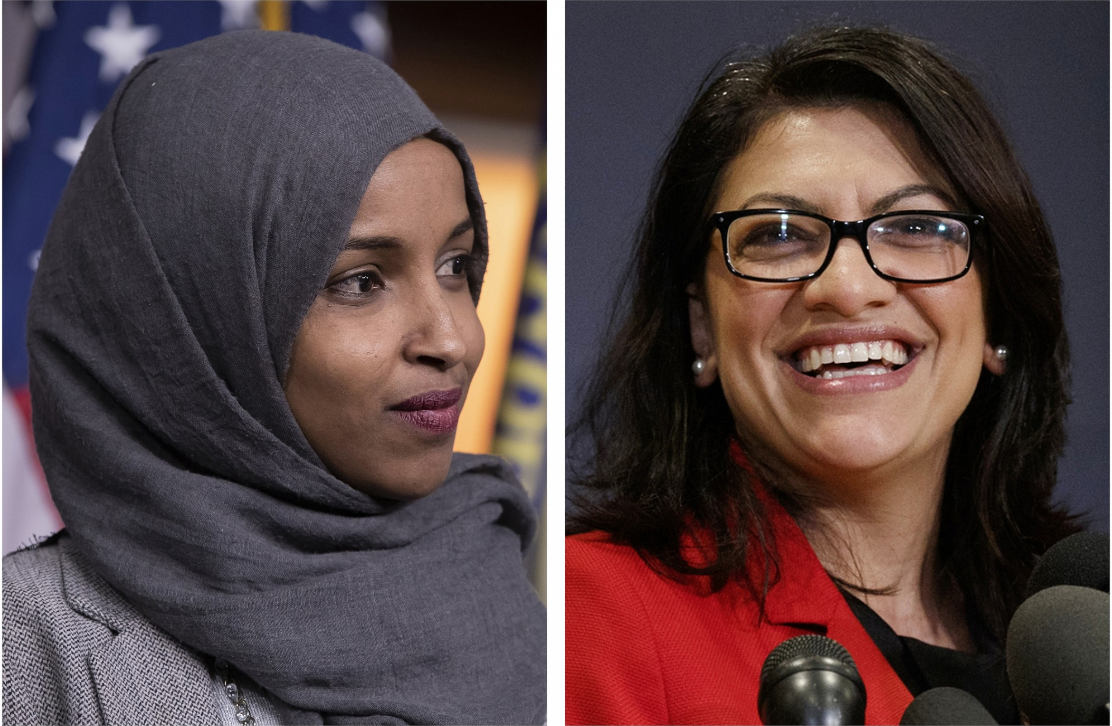Imran Khan Jailed with 25,000 Innocents
Courtesy Jemima Khan
Imran Khan is the latest senior figure to be arrested in Pakistan as the government cracks down on internal dissent. His ex-wife Jemima Khan argues that Pervez Musharraf is proving to be the most repressive leader in the country’s history.
When I told my children that their father, Imran Khan, had been arrested I tried to make light of it, joking that to get anywhere in Pakistani politics, a stint inside is mandatory. Then I heard that he had been charged with ‘state terrorism’ and that if convicted he faces the death penalty or life imprisonment.
It was harder to muster up a laugh, even for their benefit. The latest news is that he was shifted, in handcuffs, to a high-security jail in Dera Ghazi Khan, Interior Punjab. His crime? Criticising President Pervez Musharraf and attempting to address a peaceful student protest at Punjab University. For that he was first beaten – according to reports – and then carted off to Kot Lakhpat jail. His supporters were also beaten, arrested and several have broken bones.
The following day, Imran’s three sisters attended a women’s rally in Lahore to protest against his detention and the imposition of martial law. They too have been arrested. As has Imran’s elderly aunt (God help the jailers) and several female cousins. Many of them have small children at home and husbands who are already in jail. I watched footage of the women that I lived with for five years being dragged across the ground screaming.
Other friends of mine recently arrested include my children’s teacher, a housewife and a journalist, not to mention the hundreds from Imran’s political party.
An estimated 25,000 innocent people are now in jail. In fact, the jails are so full, they are holding people in police stations. Unlike my ex-husband, the majority of those being held are not politicians. They are judges, lawyers, journalists, human rights activists, as well as teachers, students, shopkeepers and housewives – anyone who has protested or criticised the government, which these days is hardly an exclusive club.
There are reports of torture and beatings within the jails. And those that have been arrested have not been allowed access to lawyers or visitors.
This has become a personal vendetta for Musharraf, with his harshest detractors being repaid with the toughest penalties.
Musharraf’s response to his critics abroad is that these steps were necessary in order to fight the extremism that threatens Pakistan’s democracy. So, to fight terrorism, he has terrorised an entire nation. To tackle extremists, he has arrested all the progressive, secular-minded people Pakistan has to offer, including a chief justice, two former presidents, thousands of lawyers, several newspaper editors, senior journalists, opposition politicians and a UN special rapporteur.
He has imposed martial law and suspended the Constitution, ostensibly to protect democracy, gagged the media to protect liberty and presumably sacked and jailed the judges to protect the judiciary.
Meanwhile, in the words of Asma Jehangir, Pakistan’s (jailed) leading human rights lawyer, Musharraf is busy offering “negotiations and ceasefires to the terroristsâ€. Maulana Fazlullah, a bearded Fundo type that the West would really like to see behind bars, has orchestrated a militant uprising in Swat. According to reports, he has succeeded in taking over a vast swathe of the country, where he has imposed Shariah law. The army was too busy rounding up the liberals to defend Swat.
No one is taken in by Musharraf’s justifications for declaring a State of Emergency – the Pakistani army’s favourite and oft-used euphemism for a complete break with the Constitution. Most realise that his actions were aimed at countering the anticipated judgment of the Supreme Court against his re-election as president while still head of the army.
Musharraf is still viewed by the West as an important ally in the “War on Terrorâ€. But, despite billions of pounds worth of Western aid, Osama bin Laden has not been captured, the Taliban are resurgent and the extremist elements in Pakistan are more active than ever.
The reality is that Musharraf needs the extremists. Their existence and the fear they inspire has guaranteed the support from the West he needs to stay in power – his real goal. And the extremists need Musharraf, an unpopular dictator, to give them something to rally against.
Understandably, the greatest fear of the West has always been that, left to itself, the country would fall into the hands of Islamic extremists, resulting in the doomsday scenario of nukes in the hands of a Pakistani Taliban – a fear that Musharraf has consistently used to his advantage, even on yesterday morning’s Today programme on Radio 4.
Despite his claims, judging by history, the most likely outcome of a free and fair election in Pakistan would be a secular, democratic government.
9-48












2007
1,007 views
views
0
comments